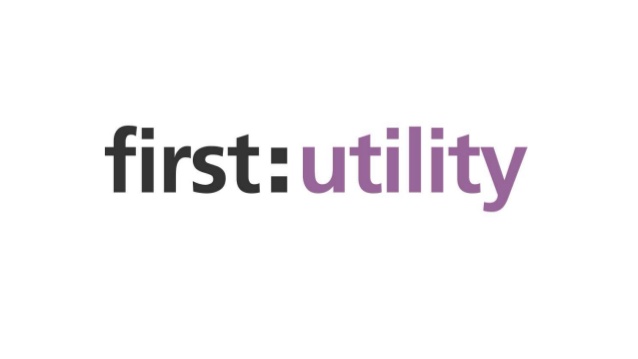
Here at Sirius we hear a lot from our customers and prospective customers about the kinds of problems they have with Linux and especially Linux Support.
These are a few of them:
The Problems with Linux Support
There is no unified experience. 'Software Freedom' is all very well, but in reality it can feels like just too much choice!
- Multiple competing Linux 'Distributions', some 'Enterprise', some 'Community'
- No standard 'Desktop' like Mac or Windows
- No consistent way to install software - multiple 'package managers' or even compile from source!
- No single 'throat to choke'... supporting real-world systems often means multiple support contracts with multiple vendors!
This class of problem arises from the fact that unlike proprietary operating systems, such as Apple MacOS or Microsoft Windows, Linux is not a single product made by a single company. In truth 'Linux' is actually just an operating system 'kernel' (the very heart of the operating system with program at the total control over everything in the system and it's connection with the hardware it runs on). This kernel is surrounded by hundreds, or even thousands, of other programs which are themselves independent Open Source projects. It's a miracle of software engineering for sure, but can look like the Wild West to corporate eyes, and from a support perspective gives unique challenges of its own.
Heterogeneous environments have theoretical advantages, especially security, but Linux incompatibility remains a problem
- Hardware support and Drivers can be an issue
- Much enterprise software simply won't run on Linux
- Even where it can, there can be software and library incompatibilities
- Linux-based solutions may not be available for certain use cases
- There is often the issue of perfect, or even any, interoperability between platforms
This class of problem arises because of the relative recency of Linux' explosion onto the computing scene. In fact it can be looked at two ways - from a 'legacy' perspective Linux is the 'new boy' that needs to catch up with the world of corporate software. From another perspective, Linux is part of the new way of doing things, and is most certainly at the heart of much, if not most, of the relentless innovation occurring in the digital and technological worlds. In this viewpoint, Linux is very much "the way of the future!".
Linux has come a long way, but there is still occasional talk of Legal and Financial Issues
- There seem to be so many different Open Source licences!
- There is the question whether Indemnification is needed from Open Sources suppliers.
- It is not well understood, since the Software is 'Free', why anything should be paid for, like Support or Consultancy or System Integration...
- Some argue TCO is higher than proprietary systems
Linux turns on its head much of the old ways of thinking about software. Whereas 'traditional' software licenses are designed to limit distribution and hold software code to be the 'secret sauce' that cannot be revealed, Open Source licenses are based on the scientific virtue of publication and peer review, and actively encourage distribution and modification. Much of Linux and Open Source's relentless innovation can be attributed to this, but it still raises question marks in some Corporate Legal Departments.
And of course, there are always the Linux People Problems
- The levels of Technical Expertise necessary
- The available Talent Pool
- Linux's 'ease of use' and its 'learning curve'
- Communication between the users and creators of Open Source software
- Linux Engineers can have difficulty relating to, or even being willing to communicate with, customers
It's true, engineers, geeks, techies, whatever you call us, can seem a little.... odd. And perhaps they have priorities that seem unusual, even perverse, to business people and administrators. Many of the challenges of working with Linux and Open Source derive from issues such as these.
In Conclusion
The truth is that nobody has to use Open Source software, but equally nobody has to use Proprietary.... unless they want to. Perhaps Linux is not for you.
Like all software our strong recommendation is that you understand what you are getting into. Both good and bad. There are advantages and disadvantages to ALL software whether proprietary or Open Source.
You can certainly build world-beating systems using Linux and Open Source, even exclusively Open Source. Indeed most of the biggest corporations on the planet have done exactly this. You can be sure that they made sure they understood the problems of Linux as well as the advantages when they set out to do so.
That way you can make strengths productive while minimizing weaknesses, to paraphrase the great Peter Drucker...
















































